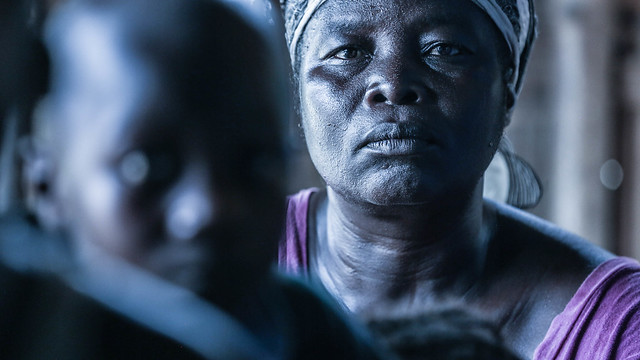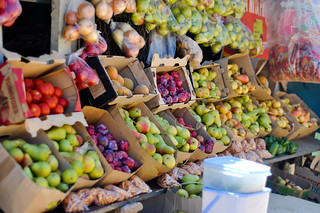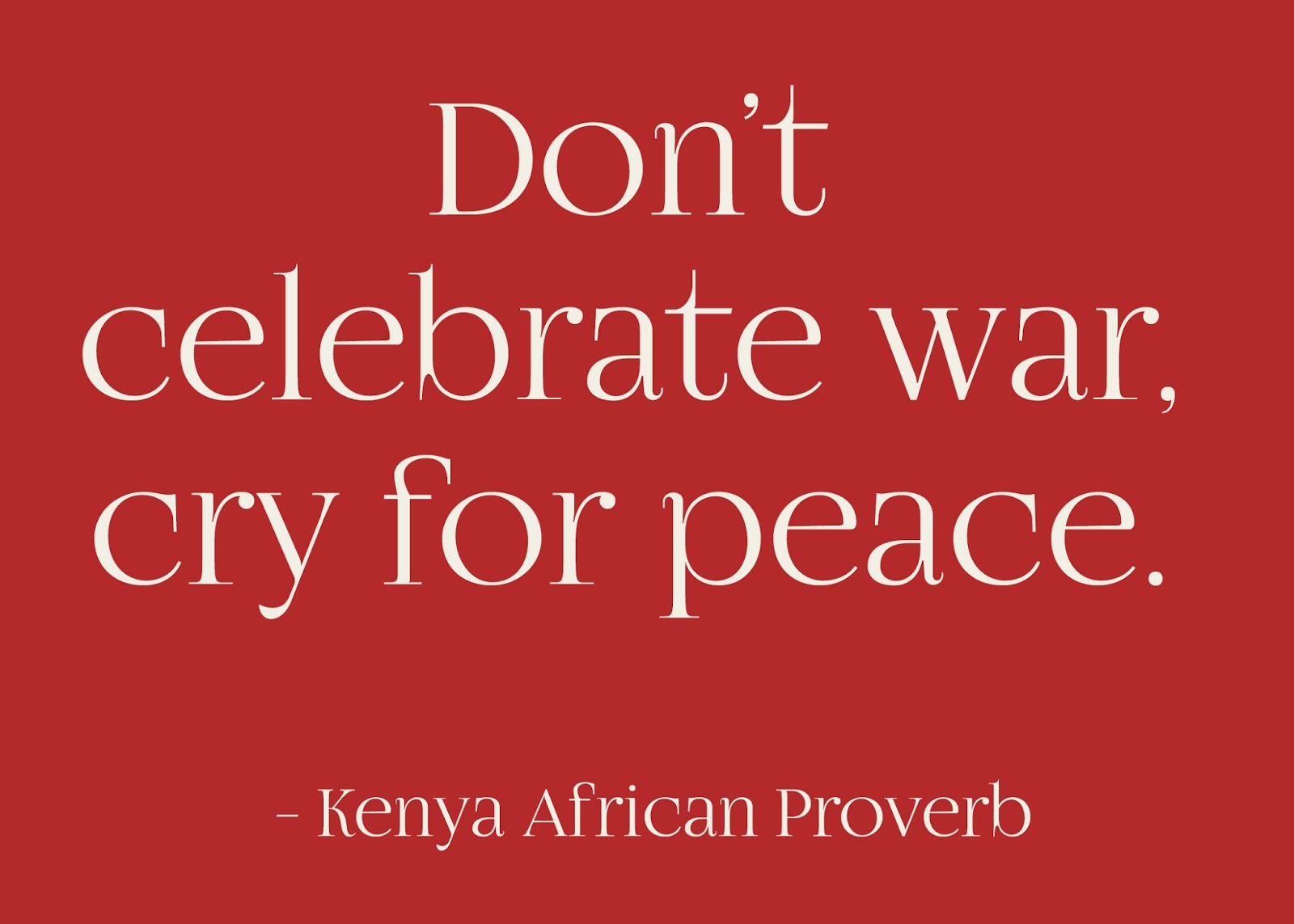Bed Rotting or Burning Calories? Try African Dance for Global Fitness Inspiration
Bed Rotting or Burning Calories? Try African Dance for Global Fitness Inspiration
While “bed rotting” may feel like rest, staying inactive slows your metabolism and dulls your mood. Around the world, African dance is emerging as a joyful, high-calorie–burning workout that combines rhythm, strength, and culture—no treadmill required.
Why African Dance Is the Ultimate Calorie Burner
- High-Intensity Cardio: Many African dances (Zulu stomps, Sabar leaps, Kizomba hip isolations) keep your heart rate in the fat-burning zone.
- Full-Body Strength: Squats, jumps, core isolations, and arm sweeps build muscle while improving posture.
- Burn Rate: A one-hour African dance session can torch 400–600 calories—similar to kickboxing or power cycling.
Popular Styles That Double as Workouts
| Dance Style | Origin | Fitness Benefit |
|---|---|---|
| Afrobeat Fusion | West Africa | Cardio bursts, core isolation |
| Zulu Dance | South Africa | Plyometric jumps, leg power |
| Sabar | Senegal | Fast footwork, endurance |
| Adowa | Ghana | Upper-body flow, low-impact |
| Kizomba | Angola | Core control, rhythm training |
Why It Beats Gym Boredom
- Music-Driven Motivation: Drums and live beats keep you moving longer.
- Community Energy: Classes are social and uplifting—great for mental health.
- Cultural Connection: Movement tells stories; you feel part of something bigger than exercise.
Get Started Today
- Join a Local Class: Search African dance classes near me — many gyms now offer Afro dance fusion.
- Online Workouts: Try Afrobeat fitness channels or virtual Sabar/Zulu lessons.
- Add to Your Routine: Start with 10–15 min warm-ups; build to 30–60 min weekly sessions.
Trade the numb scroll of bed rotting for the sweat, smiles, and strength of African dance. Your body will thank you — and your spirit will come alive.
































